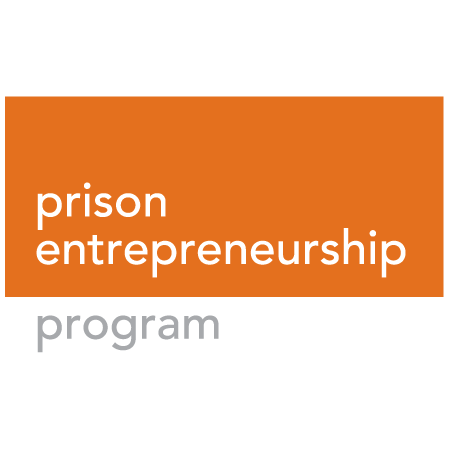Words Shape Outcomes
How we talk about people coming home from prison is more than semantics. Language can either reinforce stigma or create space for growth. And when it comes to reentry, the stakes are high.
At PEP, we choose our words carefully because we know they can influence how someone sees themselves, and how others see them.
Beyond Labels
Terms like “offender” or “felon” might seem neutral, but they can reduce a person to their worst moment. They overlook everything that comes after: the effort to change, the commitment to growth, and the reality of full lives beyond a sentence.
A Better Approach
We use person-first language. Instead of “ex-con,” we say “person returning from incarceration.” Instead of “inmate,” we say “participant” or “individual.” These shifts may be subtle, but they signal dignity, potential, and respect.
Why It Matters in Reentry Work
Language impacts:
- Policy: how lawmakers fund and support reentry initiatives
- Hiring: whether employers see value or liability
- Self-worth: how participants internalize their journey
Changing the language helps change the system.
Final Thought
Words can either build bridges or burn them. If we want to support reentry, second chances, and lasting transformation, we need to speak in ways that reflect those goals.



